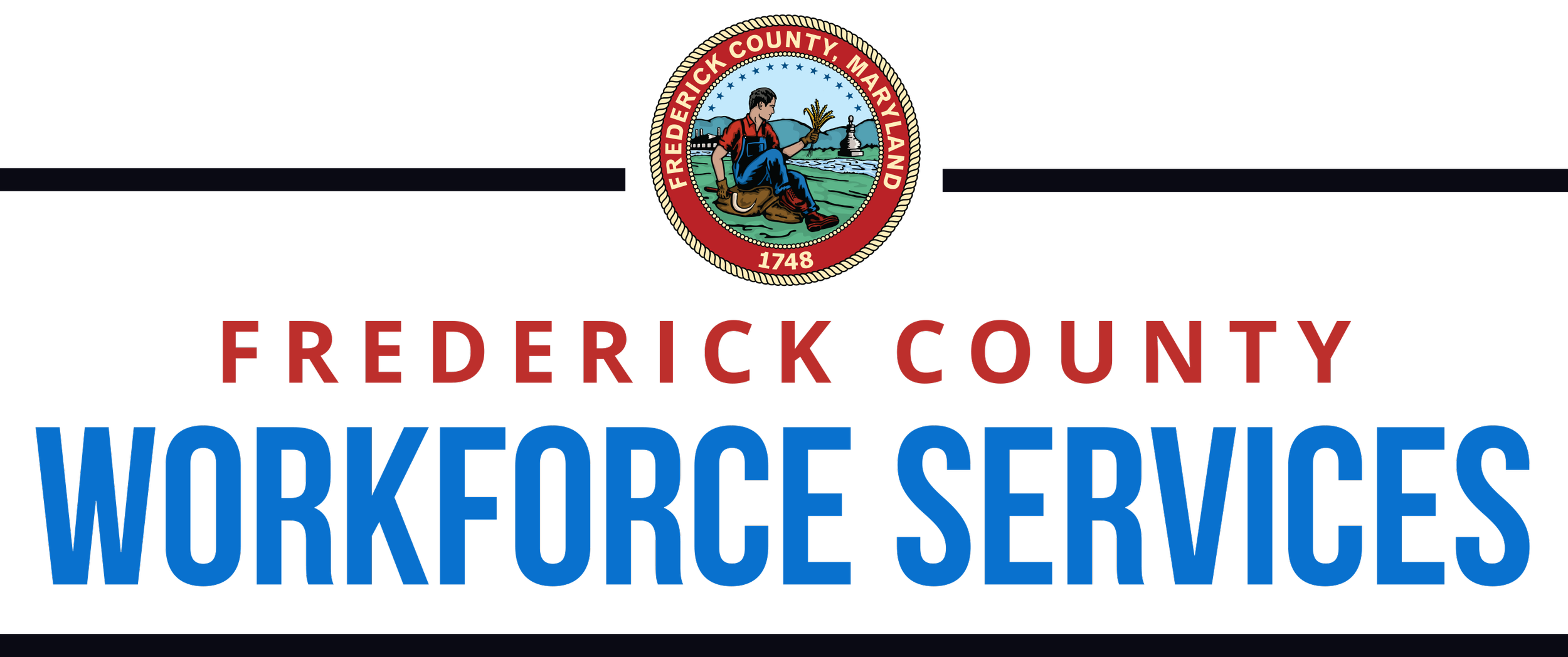To Remote or Not To Remote?
That is the question…if you want to keep and attract talent.
By Wes Leatherman, MBA
Many employers are starting to shape what the office is going to look like in the coming months. Some employers plan to stay remote, while others are looking at several different hybrid models. A common thread that seems very important is making sure your employees are part of the decision. Surveying employees about their current lifestyle, work needs, and work expectations could be the difference between retaining your top talent and hiring during the midst of a “talent war.”
Many employees have drastically and even irreversibly altered their lives to accommodate working from home. In some cases, as described in this article, employees have relocated beyond commuting distance in order to offset their cost of living, and they do not intend to move back. A recent report released by Prudential - Pulse of the American Worker Survey: Is This Working? - states that 87% of employees want to work at least one day from home. The report also identifies several key factors employers should consider as they prepare to reopen the office.
“A common thread that seems very important is making sure your employees are part of the decision. Surveying employees about their current lifestyle, work needs, and work expectations could be the difference between retaining your top talent and hiring during the midst of a “talent war.” ”
In addition to these factors (employees moving away or desiring hybrid work-from-home options), employers must also be prepared for the possibility of a forthcoming talent war. Many job seekers have rethought their careers during the pandemic, and many will not be returning to the same industry as a result. Others have taken the time to train and upskill, in different areas, in order to qualify for new opportunities. On top of all these circumstances lies the fact that more and more remote positions are becoming available every day.
What does this mean for you as the employer?
Your employees, especially the top ones, can look for work and be recruited for positions all over the nation and the world.
“In light of the sudden need for talent, workers and job seekers will have the upper hand. You will be able to find more jobs compared to six months or a year ago. Instead of ghosting candidates, they’ll have to cater to them. Hiring managers will need to roll out the red carpet and concede to the demands of those on the job hunt. If companies don’t appease the job applicants, they’ll go elsewhere, as there will be more opportunities.”
Jack Kelly, Senior Contributor, Forbes
As you approach reopening your office, make sure that your employees are being heard. Over a year’s worth of remote work during the pandemic has created many new opportunities for job seekers, and many unforeseeable challenges for employers. Employees have now adapted to a new way of working, and more importantly, they have proven they can remain productive. It is a known fact that a company’s biggest asset is its people. It’s imperative that you ask yourself if your company is adequately preparing to retain and attract talent in the post-pandemic world.
Additional Resources:
Biggest risks in return to offices: Harvard remote work guru

